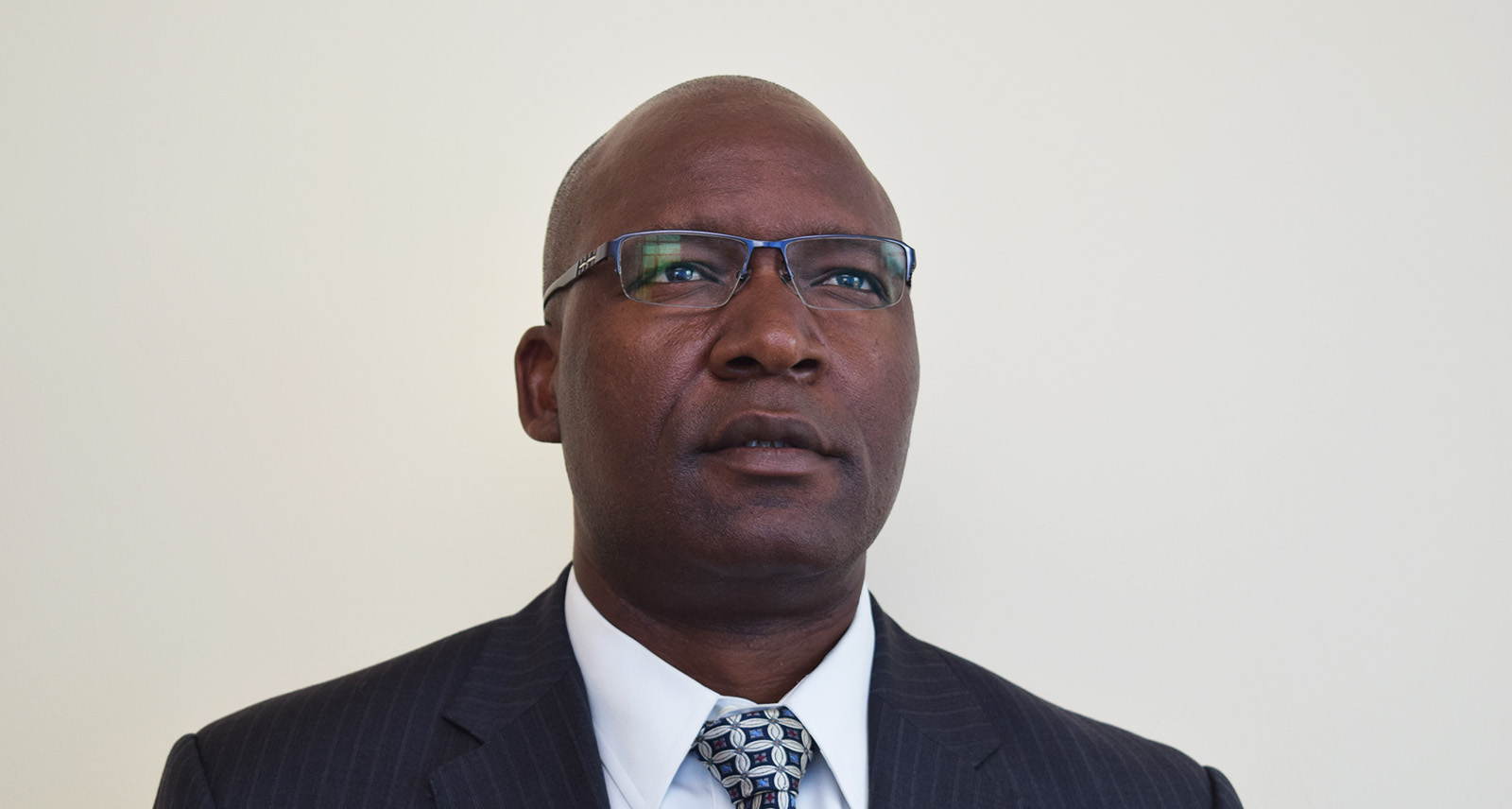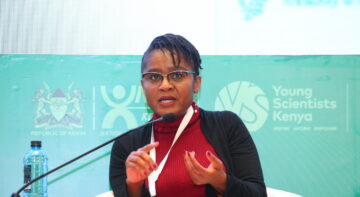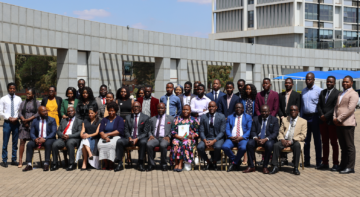Actualités

The Executive Director of the African Institute for Development Policy, Eliya Zulu, spoke to Njiraini Muchira of The East African.
What does the use of evidence in policymaking entail?
The aim is to make sure that decision makers have reliable and quality evidence every time they make decisions to improve the well-being of people.
Evidence is not the only ingredient that policymakers look at. There are political considerations, the ideological beliefs of policymakers, budget considerations and many other factors.
Yes, policymaking is a process that involves many players and interests. However, only when timely, quality and relevant evidence is on the table, then decisions will be more objective and lead to choices that will optimise chances of achieving development goals.
only when timely, quality and relevant evidence is on the table, then decisions will be more objective and lead to choices that will optimise chances of achieving development goals. Share on XAfrican governments are always coming up with policies and blueprints. How can you gauge the level of credibility of these policies and what are the shortcomings?
The policies are often not implementation ready—they are big in citing evidence to justify why action should be undertaken but weak in using evidence to determine what cost-effective interventions to implement.
Sub-Saharan Africa has about 660 think tanks yet the continent still faces challenges in terms of sound policies. Where is the disconnect?
Actually the biggest challenge in Africa is not lack of policies but poor capacity to translate the policies into action. Many actors have noted that Africa is rich in policies but poor in implementation.
The challenge for evidence practitioners, therefore, is to focus on generating and promoting use of evidence that addresses the policy-action gap.
The think tanks need to go beyond generating evidence that informs problem definition to generating practical evidence that defines specific actions governments should undertake. Such interventions are a culture of monitoring and evaluation to learn and fix implementation challenges.
There have been calls for think tanks, policy centres, networks and policymakers to work together to strengthen the research-to-policy linkage. Why has this not been happening and what can be done?
Part of the reason is that many organisations have been promoting use of the evidence that they produce themselves and there is inherent competition. However, as the realisation that a culture of evidence informed decision making is key for promoting evidence use, organisations realise that they cannot achieve such transformation on their own.
Also as we realise the need to develop the evidence informed decision making practice as a development field, there is need for various people to work together.
Institutions in policy formulation often depend on donors for funding. Does external funding influence the outcomes of research?
Of course, those who pay bills influence what gets done. For our governments to influence research and make sure that it fully meets their policy needs they must invest in research.
There is a recommendation that government should invest at least two per cent of their budgets to research for them to have a substantial say on the type of research that is done and how that research gets used in decision making processes.
People say that African countries are too poor to invest in research, but it is actually because African countries are poor that they must invest more in research.
People say that African countries are too poor to invest in research, but it is actually because African countries are poor that they must invest more in research. Share on XBecause with the limited resources, they need evidence to ensure they set the right development priorities, allocate resources effectively and implement cost-effective interventions with the best chance of success.
What lessons can Africa learn from other regions that have attained development due to depending on evidence in policymaking?
A key lesson to learn is that a culture of evidence use does not happen by accident. It has to be planned for and resources need to be there to ensure that there are robust systems and platforms to facilitate evidence use, there are adequate and skilled personnel to enable evidence use, and there are incentives for consistent use of evidence in performance management systems.
This article was initially published by The East African on 15 May 2019: http://bit.ly/2xALHJr
Related Posts





